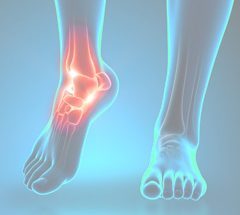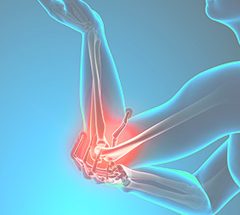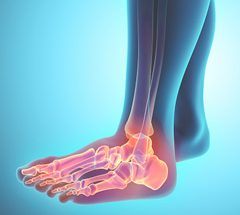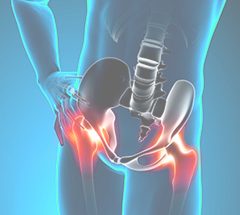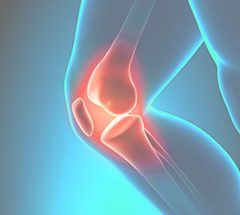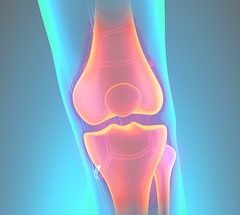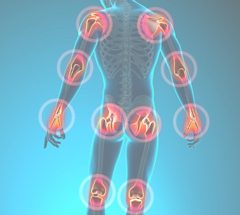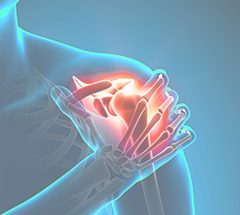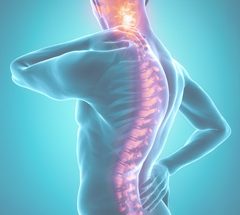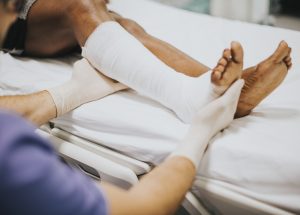
Bone health is important at every age and stage of life. The skeleton is our body’s storage bank for calcium—a mineral that is necessary for our bodies to function. Calcium is especially important as a building block for our bones.
Loss of bone strength can lead to osteoporosis—a disorder in which bones become fragile and more likely to break. Older adults with osteoporosis are most vulnerable to breaks in the wrist, hip, and spine. These fractures can seriously limit mobility and independence.
Fortunately, there are many things we can do at every age to keep our bones strong and healthy:
Increase calcium intake
Calcium is the most critical mineral in your bones. Because bone cells are continuously broken down and replaced, it is important to consume calcium to keep bones strong. Good sources of calcium include dairy products, almonds, broccoli, kale, salmon, sardines and soy products such as tofu. If you find it hard to get enough calcium from your diet, ask your doctor about supplements.
Pay attention to your Vitamin D intake
Vitamin D and calcium go hand-in-hand because your body needs vitamin D to absorb calcium. For adults 19 to 70, the RDA of vitamin D is 600 international units (IUs) per day. This increases to 800 IUs per day for those 71 and older. Good sources of vitamin D include salmon, trout, whitefish and tuna. Also, mushrooms, cheese, eggs, and D-fortified foods, such as milk and cereals are good sources of vitamin D. Sunlight also contributes to the body’s production of vitamin D. Studies have shown that children and adults with low vitamin D levels tend to have lower bone density and are more at risk for bone loss. If you’re not getting enough vitamin D in your diet, ask your doctor about supplements.
Perform weight-bearing activity
One of the best activities for bone health is weight-bearing and resistance training because they promote the formation of new bone. Walking, jogging, climbing stairs, and lifting light weights or using resistance bands can help you build strong bones. Studies show that people who perform weight-bearing exercises showed increases in bone mineral density, bone strength, and bone size.
Eat a balanced diet
Eating too few calories has been linked to reduced bone density. Consume a healthy diet with at least 1,200 calories or more per day to maintain good bone health. Also, avoid yo-yo dieting which can negatively affect bone health.
Don’t ignore pain
If you feel pain anywhere in your bones or joints, see a qualified orthopedic physician right away to help determine the cause and best course of treatment for you.

